|
The holidays are here, and for our students and their families that comes with a lot of emotions. The holiday break means time spent together as a family, which brings happiness and excitement. But it also means changes to expectations and routine, which for some can be anxiety-provoking. Not only do things become very busy, with a lot of people, noise, lines, and socializing, but things also calm down and become less structured. As we transition into December and the holiday spirit, the environments around us slowly begin to change. Our homes may be decorated, the music on the radio may change, television shows may become more festive, and the stores become busier. All of these things indicate that the holidays are approaching, and this alone can cause an increase in anxiety for some. It is important to watch for any indicators of anxiety as the holidays approach, to better prepare your child and yourself for success. Here are a few ideas to help prepare your family for a happy and less stressful break! Maintain Routines. Although there are many changes to routine throughout the holidays, try to maintain daily routines such as meal times, bath times, and bedtimes. On days when this is not possible, let your child know of the changes ahead of time so it is not a surprise (i.e., what is happening and when). Depending on your child, you can do this by having a conversation, adding it to a social story, or adding any changes to a visual schedule. Make this a collaborative process so that your child is a part of the decision-making process, in turn, increasing their motivation to participate in each activity. Provide an Area for Mindfulness. Have a safe and quiet place for your child to go to when they are feeling like their body or mind needs a break. This is especially helpful during the holidays to reduce sensory overload. At home, prepare this environment with strategies that your child is already familiar with, such as weighted blankets, mindful activities, visual supports, etc. When bringing your child to a new place, ask your host ahead of time if there is an area your child can go to when they need a break. This will allow you to prepare your child ahead of time, and show them the area as soon as you arrive. Incorporate Interests. There are many ways throughout the holidays to spend time with your child while incorporating their interests. Use this time to create family traditions that will be meaningful to them! This can include baking cookies, decorating cards, or going to see lights throughout your city. If your child likes trains, perhaps you can see the Holiday train. If your child has limited and specific interests, try to incorporate that as well. For example, if that specific interest happens to be a dog, a new holiday tradition could incorporate visiting the humane society to provide a few gifts they may need! Reduce Sensory Overload. There are many situations throughout the holidays that may cause sensory overload and overwhelm your child. But there are also many ways to assist in reducing this! Limit the number of outings per day, attend sensory-friendly events, provide noise-cancelling headphones, listen to music at a comfortable level, and reduce clutter such as toys, boxes, and wrapping paper! Use ACT Language. Model the use of familiar ACT language, encouraging your child to make choices that will move them toward their values. Reinforce your child for accepting difficult situations, defusing from difficult thoughts, and being their true selves. You can support your child through any uncomfortable feelings throughout the holidays rather than avoiding them, by reminding them of the strategies they are already familiar with. For example, if you notice that your child is feeling jealous of a sibling’s gift you can validate their feelings, state what you are noticing, and provide a strategy to move forward - “I am noticing you are sad, I can see that your cheeks are red, and some tears are starting. It’s hard when someone else gets something that you want. But I want you to remember all the other fun things you have, and choose a strategy to help accept that and move forward so we can enjoy a different game! Why don’t we do some 5 finger breaths together?” Communicate and Check-In. Having open communication with your child provides another strategy that they can use or access throughout the holiday break. Checking in with your child frequently allows for them to do a body scan and better identify how they are feeling and what they might need to be more successful with reducing anxiety or stressors. Using a restorative practice approach by physically sitting in a circle while facilitating these conversations is something that your child is familiar with using at school. This aids in decreasing interfering behaviours, creates a comfortable sharing environment, and allows everyone to feel heard and supported. Important areas to check in with and facilitate conversations around might include identifying and regulating feelings or emotions, responsibilities your child has while at home for the break, being accountable for their own actions, choices and consequences, conflict resolution, perspective taking and empathy, as well as apologies and forgiveness. When completing check-ins try to use affective statements to create meaningful communication. How to use these statements entails the following structure:
Incorporate Positive Behaviour Supports. Positive Behaviour Supports create a positive and successful environment while assisting in decreasing problem behaviours and teaching appropriate ones. It helps us to be proactive rather than reactive by modelling, teaching, practicing, and acknowledging the behaviours we want to see. To do this, use visual supports, offer choices, and remind your child of expectations. Recognize things that are out of your control and react accordingly (e.g., when your child is tired, decrease expectations). Reinforce the behaviour you are teaching and want to see, while limiting reinforcement for those undesirable behaviours. And remember to frequently check in with how your child is feeling! Continue Working on Individual Goals. The holidays are a perfect time to generalize some of the individual goals being worked on at school! Use this time to work together in a fun way, while working towards their current goals. For example, going to a store provides the perfect opportunity to work on a variety of goals - dependent on your child this may include waiting in line, creating a list, shopping for items, or paying for the order. You can use the same strategies that have been incorporated at OBA to practice this skill at a store. Further, If your child is working on their independence in getting dressed, allow them to help pick a special outfit for family events, and show you how fast they can dress themselves… if your child is working on following a recipe, allow them to pick a special treat to bake, and work together to prepare it… the list goes on and on! Self-Care! This is an especially important time to incorporate self-care, both for your child and yourself! You need a break too, so don’t forget about your own needs and how you can meet them during this time. Attend a yoga class, watch a movie, go for a walk and enjoy the Christmas lights - do something that will lift your spirit so you can be the best version of yourself! Every family is different, celebrating different holidays and with different expectations. But no one knows your child better than you, so incorporate what works best for your family! We hope this provides support in a way that allows you to have the best Holiday Season with loved ones!
Yours Truly, Tina and Stephanie
0 Comments
|
AuthorWrite something about yourself. No need to be fancy, just an overview. Archives
March 2024
Categories |
Oak Bridge Academy |
|
Registered Charity # 71154 4296 RR0001
|
Website designed by JS Websites
|
© Oak Bridge Academy, 2024 | All Rights Reserved
|


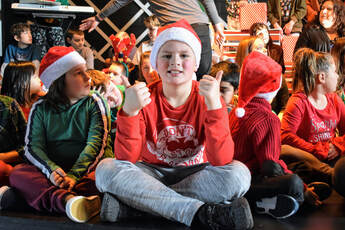
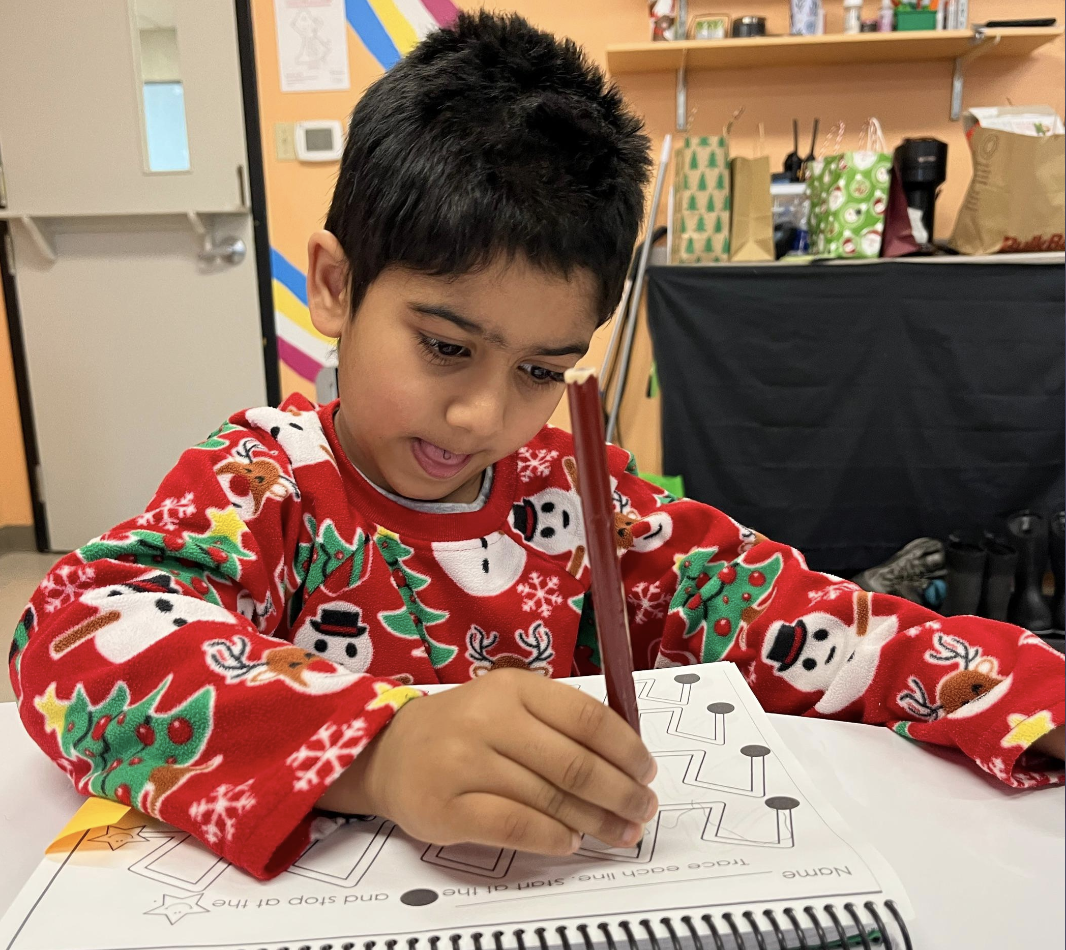
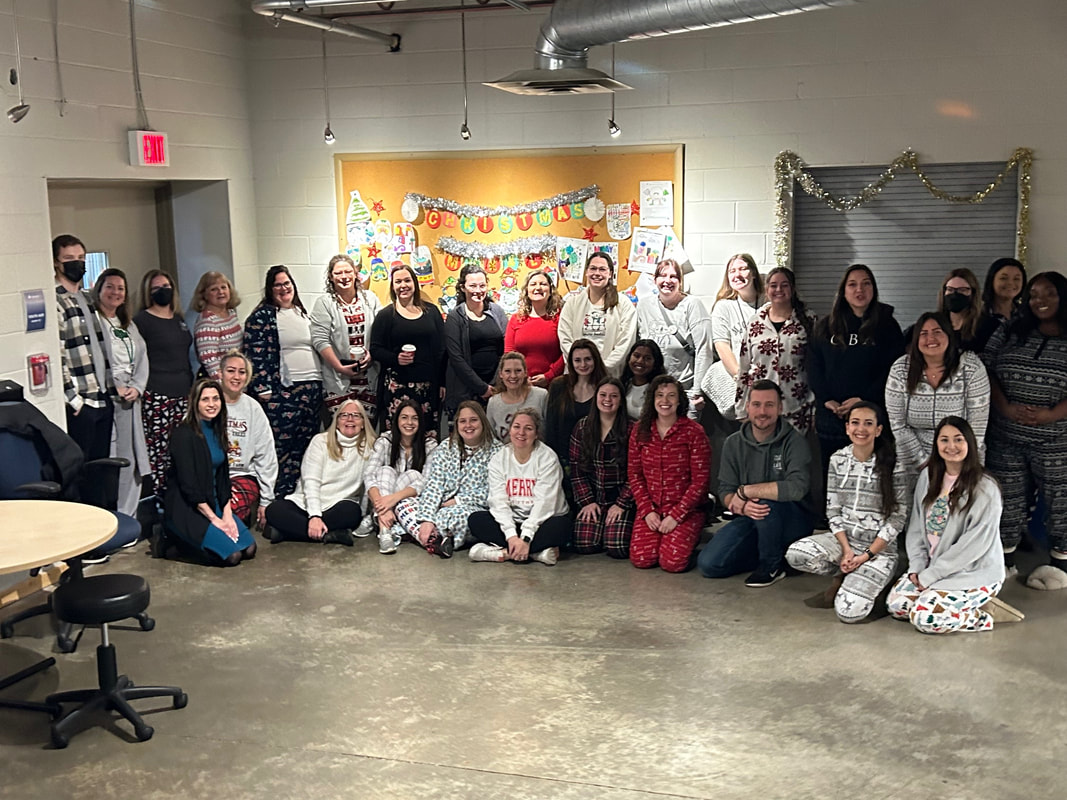
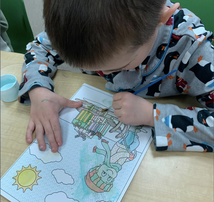
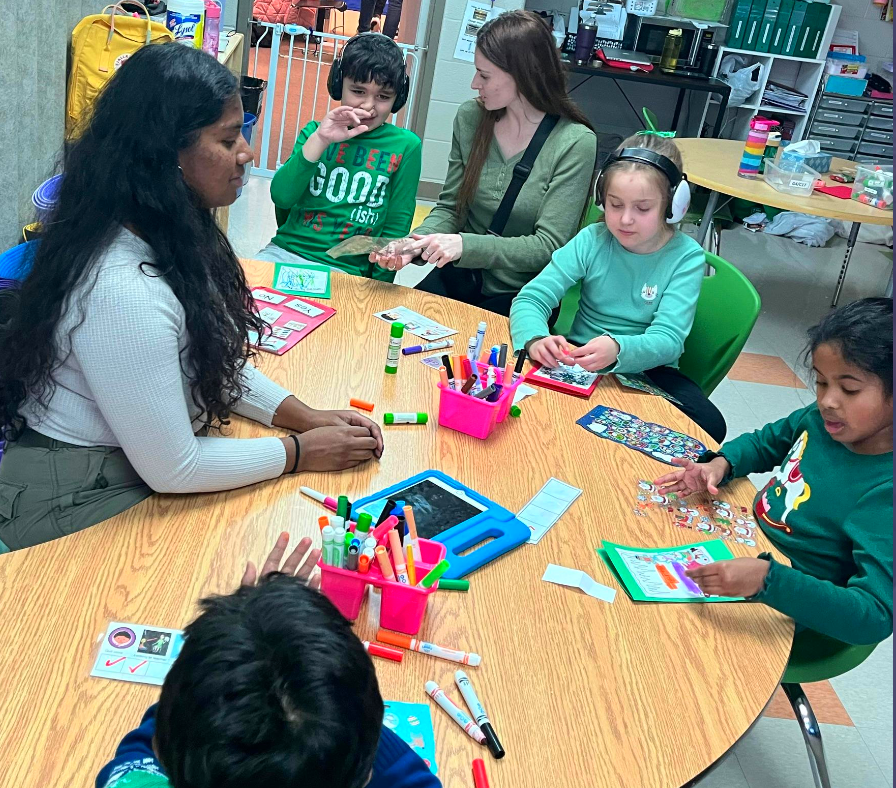
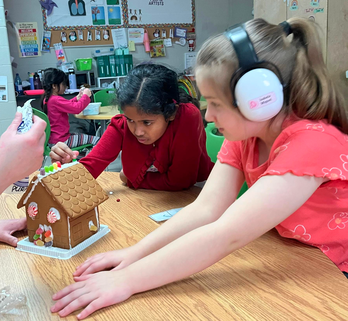

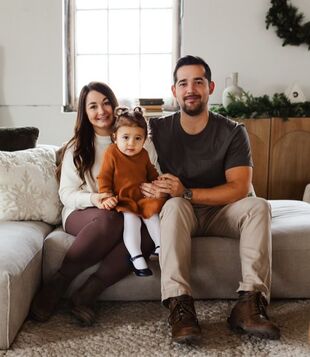
 RSS Feed
RSS Feed


